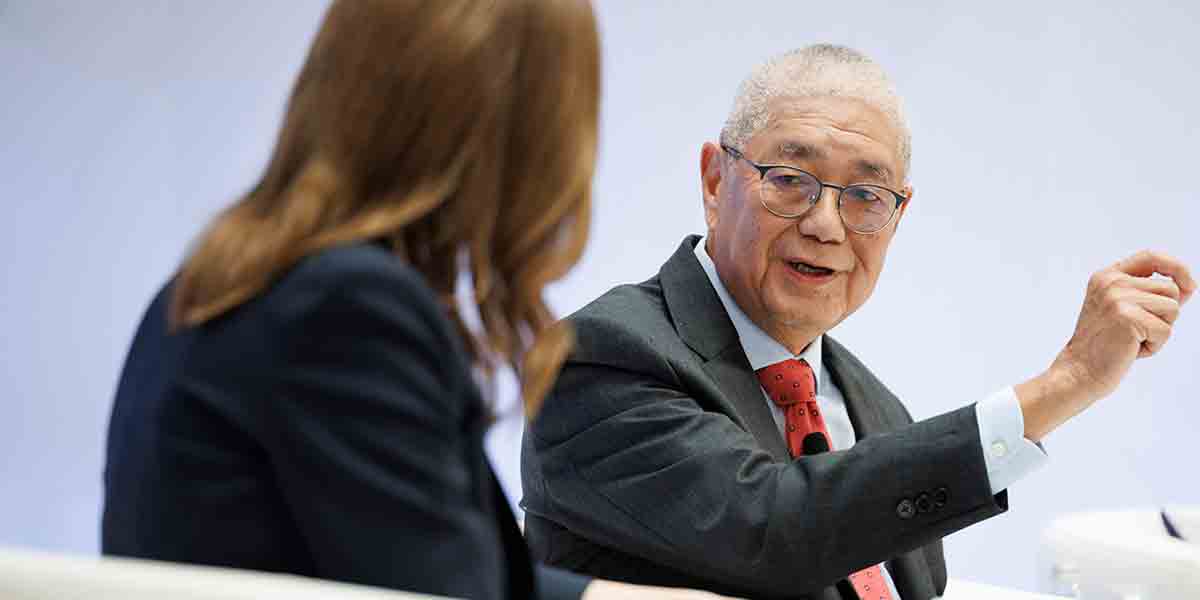 By Herbert Vego
By Herbert Vego
AFTER one year and a half of service as the electricity-distribution utility in Iloilo City – having taken over Panay Electric Co. (PECO) — MORE Electric and Power Corp. (MORE Power) has amazingly won the hearts not only of its captive consumers but also of residents of Pavia, Iloilo which is serviced by Iloilo Electric Cooperative 1 (ILECO 1). Let us see why.
As every Ilonggo now knows, MORE Power still charges the lowest rates in the entire Western Visayas. Compared to ILECO 1 which charges P11.79 per kilowatt-hour (kwh), MORE collects only P7.99/kwh, hence cheaper by P3.80/kwh. Imagine a low-income user consuming a hundred kilowatt-hours per month. With MORE, he would only be paying P799; with ILECO 1, a whopping P1,179 or a difference of P380.
What motivated Pavia councilor Dan Fajardo to deliver a privilege speech asking his colleagues at the Sangguniang Bayan to pass a resolution clamoring for “change power” from ILECO 1 to MORE Power?
Councilor Pyt Trimañez responded by filing a resolution urging Iloilo 2nd District Rep. Michael Gorriceta to open Pavia to another power distributor.
Obviously, it’s because heavy residential and commercial users would be saving thousands of pesos monthly under MORE Power.
In an interview over RMN-Iloilo radio yesterday, Trimañez said that their wish could come true through an act of Congress granting MORE Power authority to expand its operation outside the city whenever public interest demands.
Other towns which share borders with Iloilo City – Oton and Leganes – would probably wish and ask for the same change. These municipalities are nearer to the city than to the ILECO 1 main office in Tigbauan town.
The resourcefulness of MORE Power President Roel Z. Castro enabled the company to “dive” rates in response to the pandemic crisis. In the month of July 2021, MORE Power was charging a much lower rate at P6.45/kWh. This, after negotiating with the Power Sector Assets and Liabilities Management (PSALM) Corp. for cheaper power from its geothermal plant in Leyte.
The hike from P6.45 to P7.99/kWh in August was an offshoot of an accident involving a backhoe of the Department of Public Works and Highways (DPWH) which disabled a portion of the submarine cable of the National Grid Corporation of the Philippines (NGCP) at Bio-os River in Amlan, Negros Oriental. NGCP is the sole power transmission utility nationwide.
The power bill, incidentally, lumps charges mainly shared by the transmission (NGCP), generation and distribution utilities – the latter including MORE Power the electric co-ops. The generation companies bag 50% of the charges billed.
In a previous column, I questioned the move of the NGCP in passing on to the power consumers the liability arising from the cable damage wrought by a DPWH contractor. Why not charge it to DPWH?
Commenting on that column via the social media, former Philippine Ports Authority (PPA) regional manager Winfred Elizalde wrote:
“DPWH cannot run away from its obligation to pay damages. It is the principal and hence must be held liable for the acts of its agent, the contractor, for the damage. A dredging operation plan must be strictly followed unless a deviation due to unforeseen reasons emerges which must be made known to the principal (DPWH) before proceeding. A flimsy reason of deviation from the plan simply is not acceptable.”
Lawyer Dominador Tersol, however, disagreed. He wrote: “I doubt whether DPWH could be held liable for damages out of the negligence of its officials. The state cannot be sued without its consent and it is covered by the doctrine of sovereign immunity from suit. The state is not bound by the mistakes and negligence of its officials.”
Be that as it may, with MORE’s cheaper rates and non-disconnection policy as long as the city is saddled with mobility restrictions under the modified enhanced community quarantine (MECQ), nobody in the city has to contend with dark nights.
On the other hand, would that policy not impact the company’s profitability? And what if it comes to the point when delinquent payers could no longer afford to pay?
MORE Power’s PR manager Joy Fantilaga II answered the questions over the radio program “Tribuna sang Banwa” on Aksyon Radyo last Sunday: “Of our 83,000 customers, only 35,000 have incurred arrears. When it’s time for us to collect, they would be given 48 hours to pay in full. Otherwise, they could visit our collection office at Hotel del Rio to fill up a promissory note.”
Don’t you agree, spox Jon Cabrera?





















